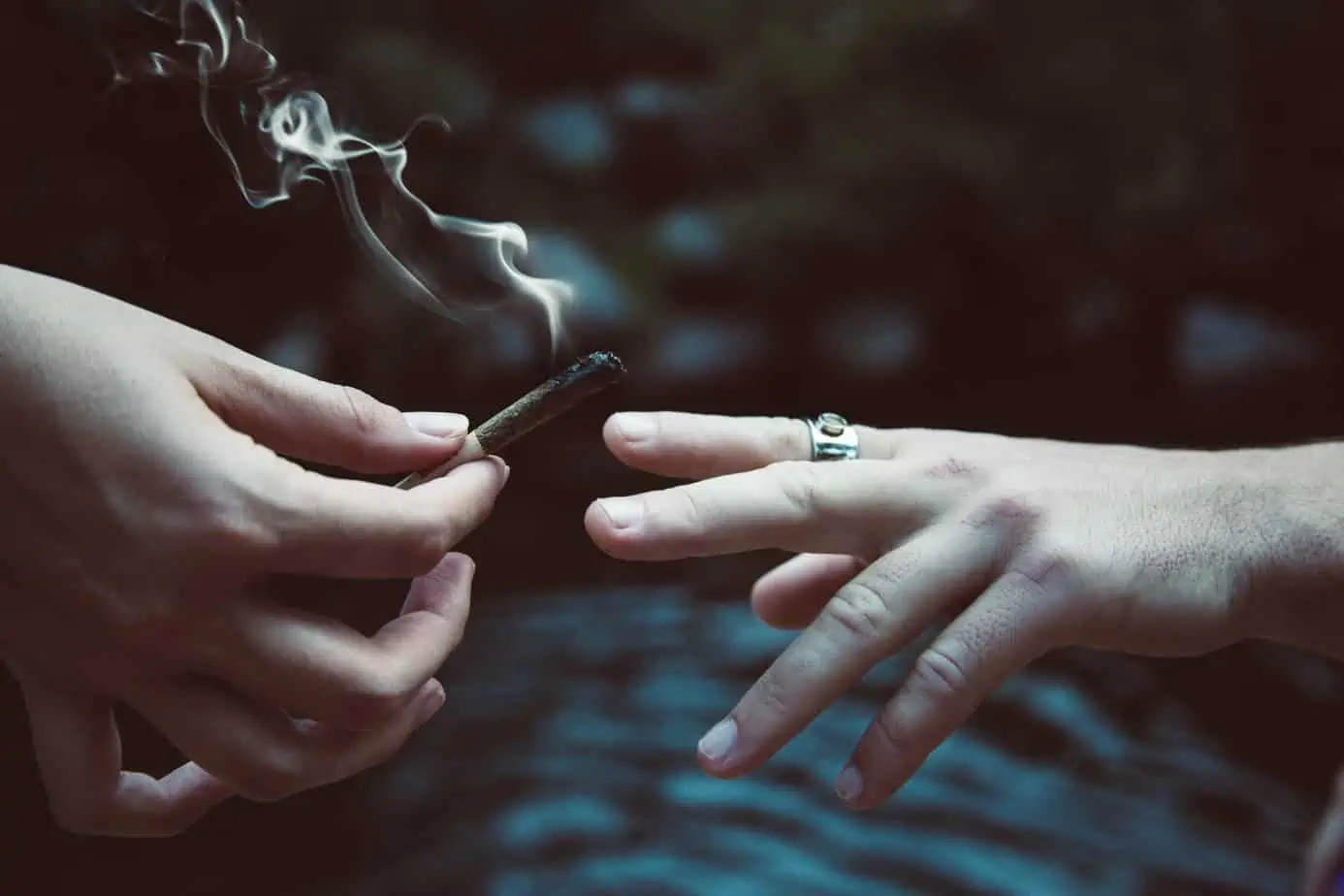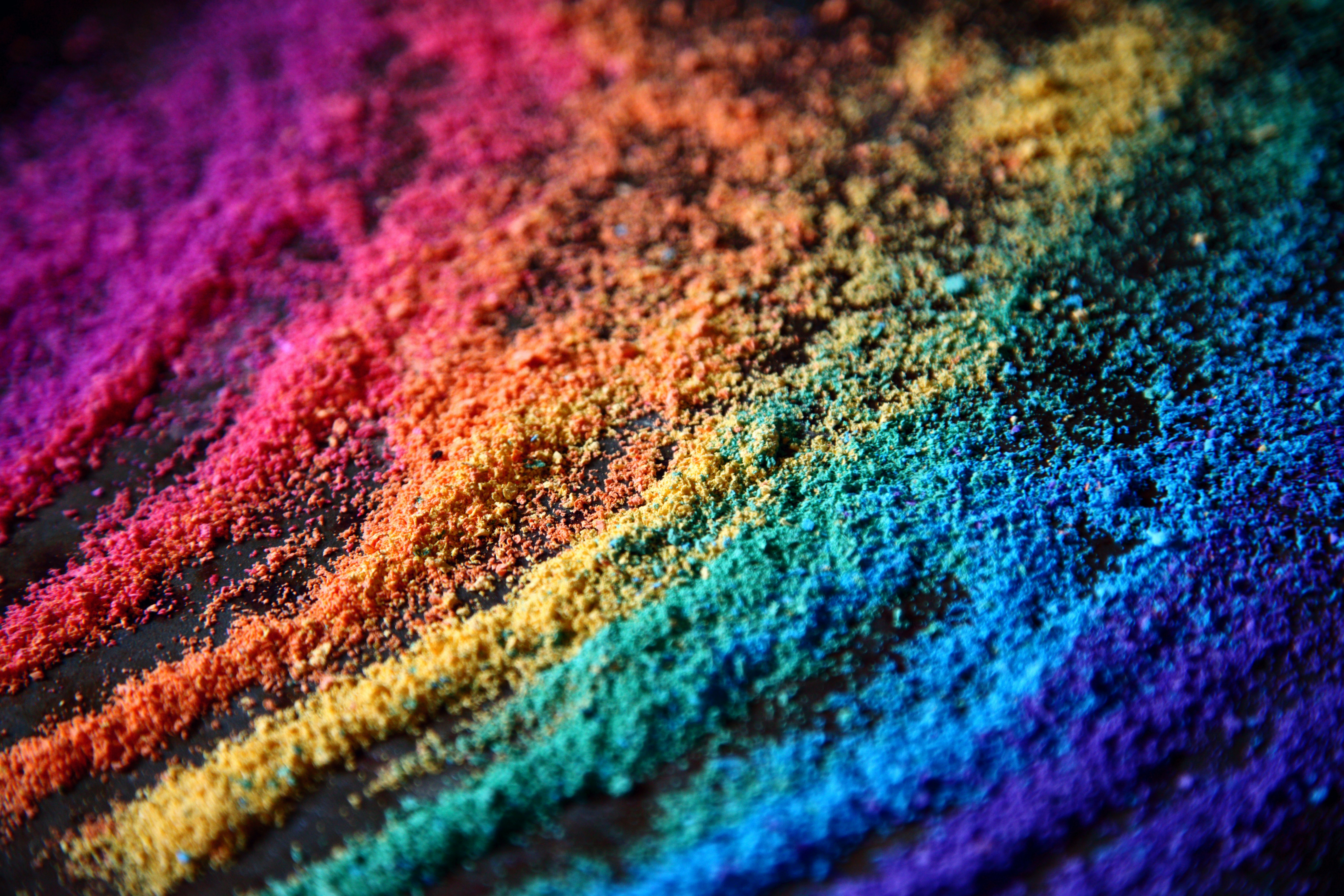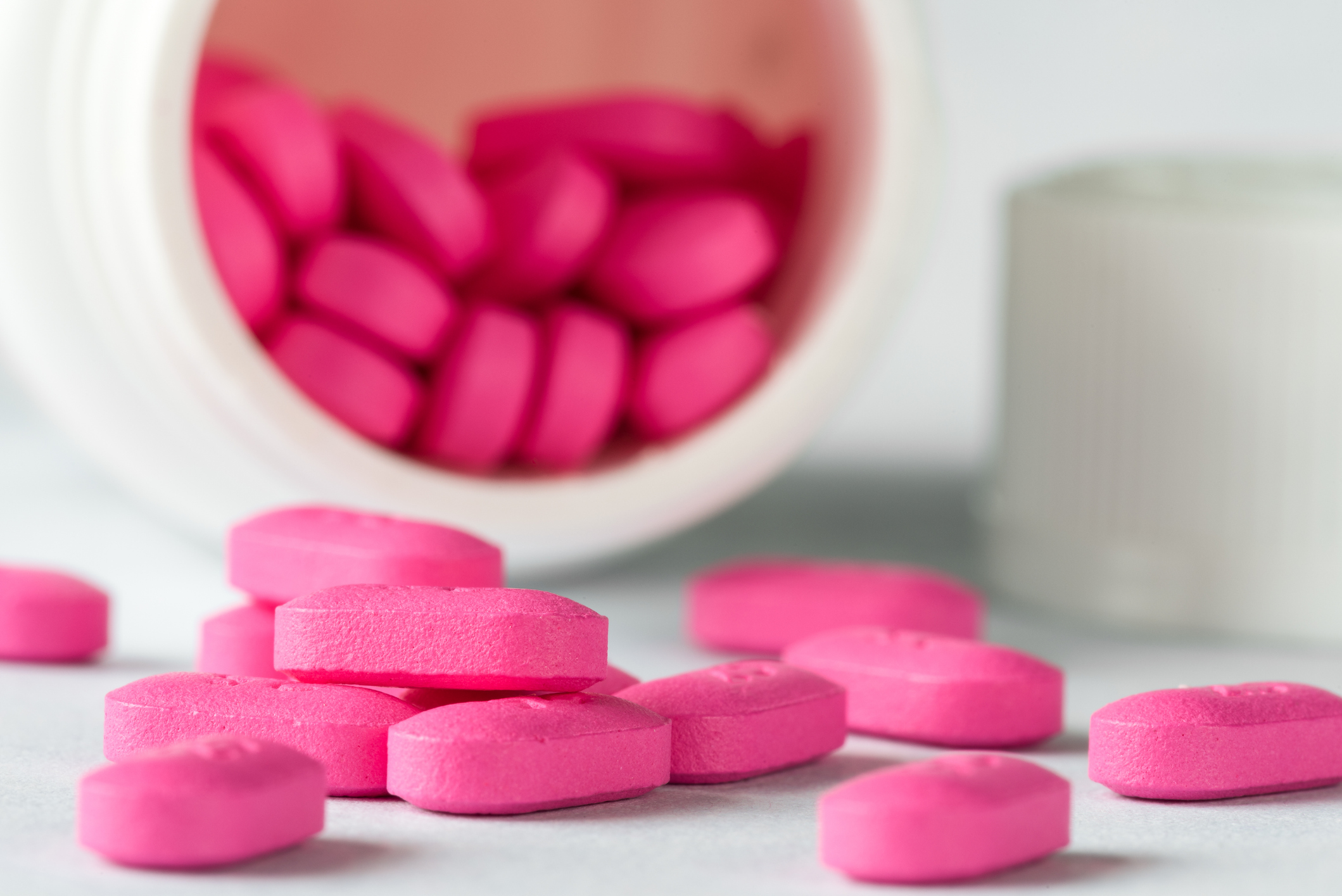Welcome to the first-ever video in our new expert series Addiction & Recovery: Real Talk on Medical Marijuana. In this video, our Medical Director, Dr. Randall Dwenger, explores the debate around medical marijuana as a treatment for opioid addiction. Does he believe medical marijuana can be a pathway to recovery? Find out below!
If you or a loved one is struggling with alcoholism or drug addiction, we are here to help. Reach out to Mountainside by calling 888 833 4676.
Transcript
I’m not an advocate for medical marijuana as a treatment for opiate addiction. I’m not an advocate for using an addiction to treat another addiction. I think there is a role for medical marijuana, in terms of treating chronic pain like cancer pain or pain from Crohn’s disease, for some seizure disorders, and for people that have lost weight because of HIV-AIDS or chemo-therapy or certain cancers. So I’m not an advocate for medical marijuana for addiction because I think when you are talking about addiction you’re talking about a chronic disease of the brain, that changes the brain chemistry.
All drugs of abuse release dopamine into the reward pathways that’s out of proportion from any natural rewards. That’s true of opiates; that’s true of cocaine; and it’s true of marijuana. So, it’s a little bit like kicking the dragon. That you think about taking a little bit of a less lethal drug, like marijuana, and that’s still going to release some dopamine into the system. But when you have an addict brain, you’re going to want it to have more dopamine and a stronger, more powerful drug released into that system once you kind of triggered that dopamine release. And so, I think that there is a high likelihood that it’s going to lead back to opiate addiction when you start with marijuana, and we see that a lot in treatment.
While I am not an advocate for medical marijuana for opiate addictions, I’m an advocate for really keeping an open mind about doing whatever we can to keep our opiate addicts alive. This is a crisis. Our young people, people of all ages are dying of opiate addiction on a daily basis. And we need to understand that we don’t have all the answers right now. We need to start thinking about this disease as being a 365 days a year disease, and it doesn’t take off for weekends, and it doesn’t take off for holidays.
Probably the most heartbreaking thing in my life is when somebody I’ve worked with, somebody I’ve cared for, somebody I’ve come to care about, I get the news that they have died from an opiate overdose. And we need to put our heads together and collaborate and come up with what kind of interventions, or combinations of interventions are going to make a difference for our opiate addicts and keep them alive. And so that can be things like, detox. For some people it can be rehab. For some people, it may be medication assisted treatments like Naltrexone or Vivitrol or partial agonists like Suboxone or Buprenorphine.
We really need to be thinking about all sorts of things we can do to help keep people alive. We take away their drug, and what do we replace it with? Well, I think we need to look at: we replace it with connections, we replace it with connections with the therapist, connections with the sponsor, connections with the community or a support group, fellowship through AA, NA, and eventually, we want to connect them to a path in their life where they might find some fulfillment, find some passions, and hopefully live a long drug-free life.
If you or a loved one is struggling with addiction, Mountainside can help.
Click here or call (888) 833-4676 to speak with one of our addiction treatment experts.

 By
By 






